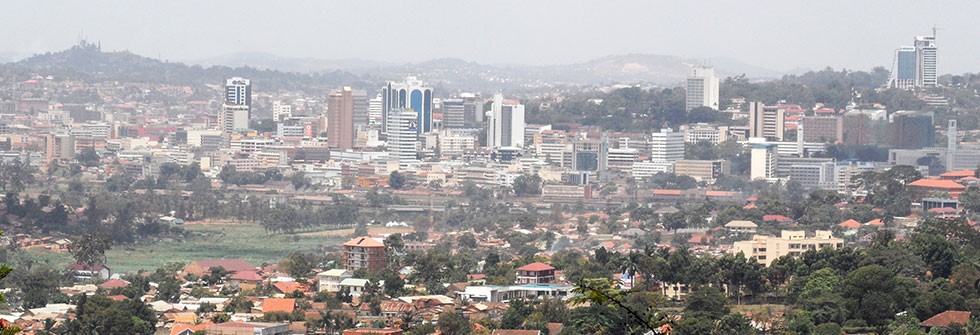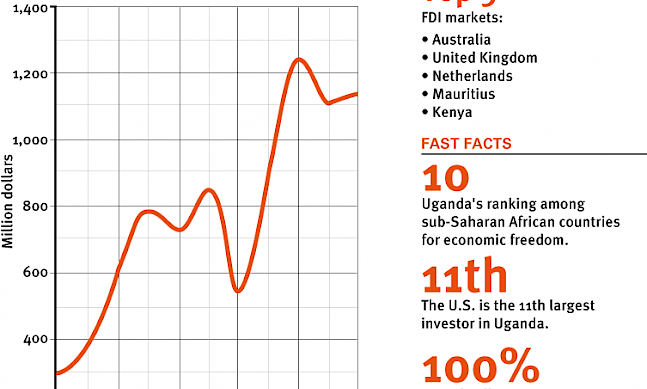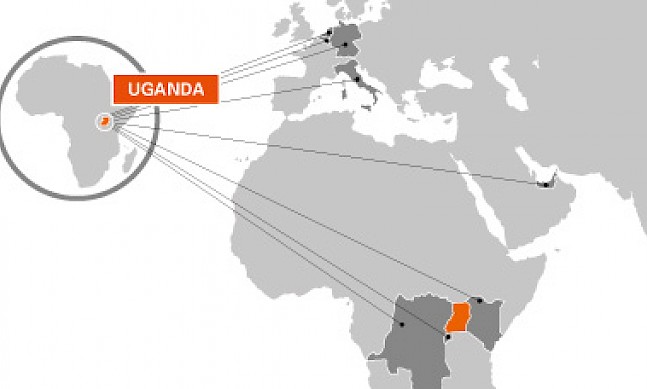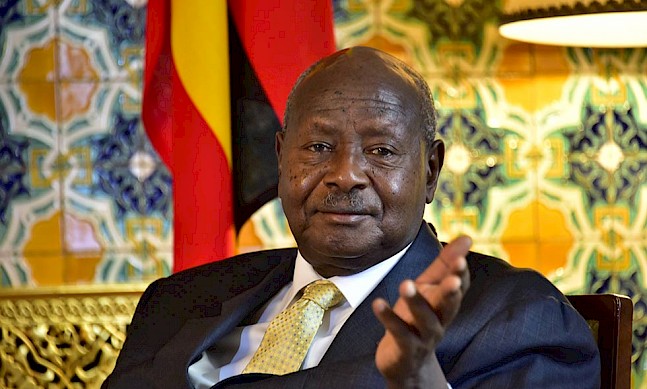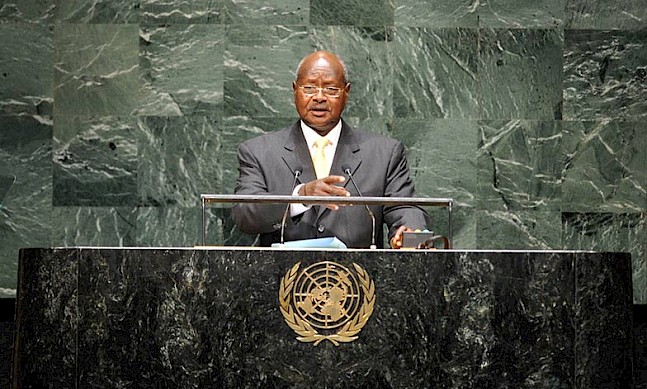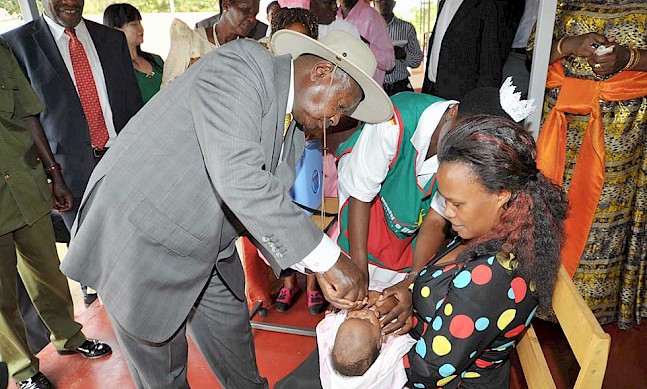The government’s comprehensive new urban development plan means Kampala is getting a much-needed makeover.
In the not-too-distant past, Uganda’s capital was considered a chaotic, ramshackle backwater. However, thanks to new laws that have been enforced by tough-minded civic officials, Kampala has made great strides towards becoming a safer, more attractive and more livable city, for both locals and visitors alike.
Kampala’s transformation owes to the determination of the Kampala Capital City Authority (KCCA). This institution has cracked down on construction companies in violation of building safety, and shut down butchers’ shops and supermarkets selling unhygienic meats.
The leader here has been KCCA Executive Director Jennifer Musisi. A lawyer by training, Musisi first transformed the KCCA by hiring capable new staff who shared her vision. Then she began systematically tackling the city’s many challenges. First were the urgent needs: cleaning, reducing garbage, clearing drains, fixing roads and, of course, easing traffic.
“Our mandate was to transform the city and resuscitate it. We came in to put Kampala back on its feet.”
Jennifer Musisi Executive Director of KCCA
Tweet ThisThe KCCA’s strategic plan also encompassed related issues like welfare and job creation for low-income families, and promoted better nutrition and a youth employment services bureau. Now, Musisi’s concentration is on “greening the city,” with an ambitious plan for planting one million trees by 2020.
However, as a mass strike by Kampala taxi drivers in May attested, the problem of transport in a city full of overcrowded, narrow streets remains a challenge. The KCCA is currently looking for solutions in possible cable car, bus rapid transit, and even light rail systems.
Main photo: An aerial view of the city of Kampala. Photo: 360b. Shutterstock.
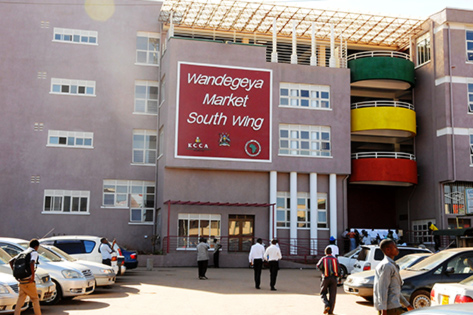 Shoppers outside Wandegeya Market, Kampala. The market was opened by President Museveni in 2013 and accommodates more than 1,200 vendors.
Shoppers outside Wandegeya Market, Kampala. The market was opened by President Museveni in 2013 and accommodates more than 1,200 vendors.


